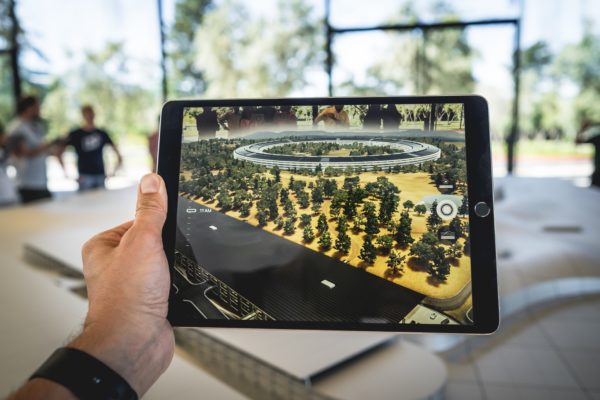Manufacturing in Geelong has taken a hit in recent years, but new industries with big potential for the future are rising from the ashes.
Industry representatives, researchers and a panel of experts gathered in Geelong last week to discuss opportunities and possible roadblocks for the development and implementation of energy storage advanced manufacturing.
The Industry Forum was hosted by Deakin University and sponsored by the ARC Centre of Excellence for Electromaterials Science (ACES) as part of the 3rd International Conference on Sodium Batteries
It concluded that opportunities throughout the energy value chain were many, but potential barriers included a lack of government incentives and policy direction.
ACES Executive Research Director Professor Gordon Wallace of the University of Wollongong said policy was lingering behind innovation and development, but that consumer driven demand would bring policy development forward.
He said that getting research out of the lab and into application was the exciting part of the fledgling energy storage industry.
“[It] represents the reconnection of science, engineering and manufacturing for the first time in decades,” he said.
“It’s exciting that they are reconnecting because it has changed the way we think about building things.
[testimonial_text]Industry should know that Centres of Excellence are open for business; they are not just excellent at science, but excellent at collaboration with industry and researchers want to see fundamental advances turned into real applications.[/testimonial_text]
[testimonial_picture name=”Professor Gordon Wallace” details=”ACES Executive Research Director”]
 [/testimonial_picture]
[/testimonial_picture]Victorian Lead Scientist Dr Amanda Caples told the forum that State Government had committed to a greenhouse gas emission reduction target of net zero by 2050 and was encouraging the uptake of new technologies to achieve this.
“We want a clean energy future, so clearly energy storage fits with that agenda,” Dr Caples said.
“My job is to understand the opportunities in this area and connect them to different parts of the Victorian economy.
“In order to do that, we need to understand where the roadblocks are and encourage focussed, industry-led collaborative discussions about solving the energy issues of the future.
“We need all parts of the innovation ecosystem working to bring together the end user with government, researchers and manufacturers.”
The forum heard that Geelong is ideally placed to take advantage of the move towards creating new technologies for energy storage with the launch of the Battery Technology Research and Innovation Hub (BatTRI-Hub) at Deakin’s Waurn Ponds’ campus last month.
A number of local companies are also working on energy storage solutions, including SEA Automotive, a leader in the Australian commercial electric vehicle industry who is now also located at Deakin Waurn Ponds.
BatTRI-Hub director, Deakin’s Professor Maria Forsyth, said the Hub’s vision was to be a centre of expertise for energy storage and new battery technology.
[testimonial_text]We aim to partner with industry to develop projects from prototype to application and to leverage opportunities for industries across the full energy value chain. BatTRI-Hub will allow us to scale up our lab-based research and work with new industry partners, as well as cementing existing relationships.[/testimonial_text]
[testimonial_picture name=”Professor Maria Forsyth” details=”BatTRI-Hub director”]
 [/testimonial_picture]
[/testimonial_picture]“The opportunities for manufacturing and implementation are huge, but co-operation between industry, researchers and government is the only way to move forward.”
“We need to generate demand and develop critical mass to get the industry moving faster,” said SEA Managing Director and founder Glenn Baird.
“Economies of scale are bringing down overall costs of electric vehicles while the cost of diesel operated vehicles is rising.
“The cross-over point where commercial electric vehicles are economically viable is here and will help create new assembly and component industries.”



